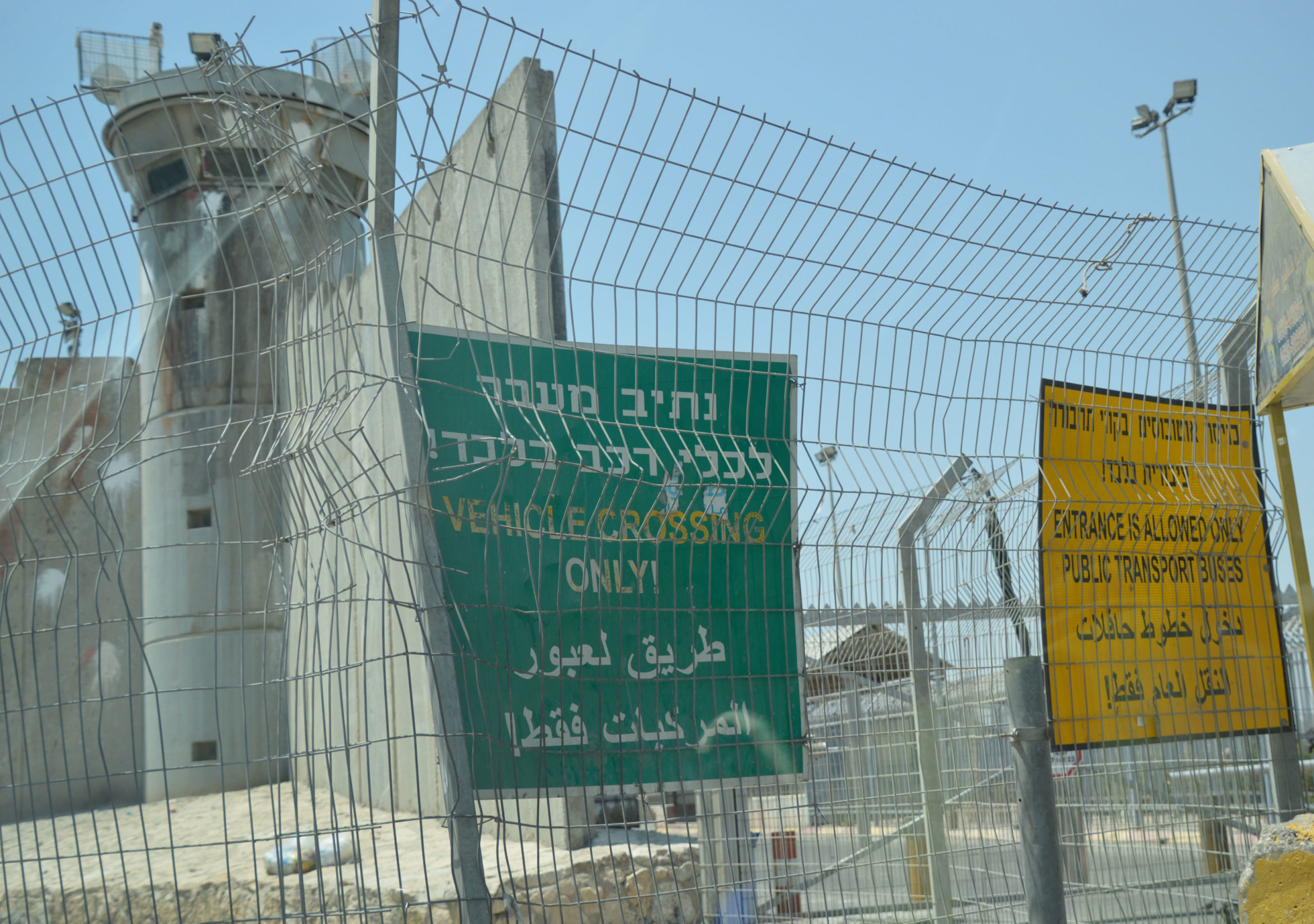By Lama Arda & Bobby Banerjee
In this blog article, we summarize and update our recently published paper that investigated how non-state civil society organisation in Palestine shifted their original governance focus from mobilization and resistance to embrace new governance regimes focused on providing welfare.

Historically, civil society organisations (CSOs) in Palestine played significant roles in governance by filling the gap due to the absence of a state and the existence of the Israeli occupation. The governance role of the CSOs consisted of services delivery and political mobilisation of local communities to realise the liberation of Palestine.
CSOs in Palestine, which began as voluntary grassroots organisations, grew in importance as providers of basic services such as health, education, art and agriculture. CSOs also played a key role in the political mobilization aimed at the liberation of Palestine from the Israeli occupation. The political mobilization entailed serving the local communities to support the steadfastness in the face of occupation and different forms of resistance.
The broader national vision of a free Palestine remained central to these organizations as they were founded by political parties with the aim of mobilizing people against occupation and claiming the right of return for displaced refugees.
The Oslo Accords in 1993 marked a watershed moment in the history of Palestine with the creation of a Palestinian Authority (PA). Following this, a deluge of international aid was sent to Palestine to be administered by the CSOs. And what began as a grassroots anti-colonial movement was transformed by international developmental aid to a welfare provision service – which was operated by professional NGOs. These NGOs were run by local elites with closer links to international institutions than to their local communities, resulting in the latter’s further exclusion and marginalization. Professionalizing and depoliticizing CSOs were key demands in the international aid regime. Thus, international aid established a new regime that demanded structural and institutional changes.
Local organizations were obliged to follow donor-driven priorities and found themselves increasingly disembedded from the needs and aspirations of the communities. CSOs not only had to deal with the realities of occupation and providing basic aid in the aftermath of continuing air strikes on Gaza, but also with demands from the PA. We found that international aid regimes shifted the focus from resisting occupation to normalizing occupation as a result of the depoliticization of the civil society sphere. Grassroots and locally embedded organisations striving for a collective cause and mobilisation of Palestinians have now become professionally depoliticised entities whose mission is one of compliance with the demands of the international aid regime.
Since publishing this paper, recent developments have further complicated the political situation in Palestine. In October 2021, the Israeli defence ministry designated six Palestinian NGOs as “terrorist organisations”, including the Defence for Children (DCI) and other well-known and internationally respected institutions in Palestinian civil society. These NGOs, which receive funding from European countries, the European Union, and other international donors, have documented human rights violations in the West Bank and Gaza Strip. Apart from lack of access to funding needed for economic and social development in the region, the criminalization of Palestinian civil society also poses a risk of losing a primary source for reports on prisoners’ rights, child detention, and settlement expansion. Added to the continuing Israeli occupation, the blockade of Gaza, the establishment of the PA, and the international aid regime, criminalizing Palestinian civil society will further undermine the Palestinian struggle for freedom and human rights.
Our findings have implications for business and human rights and governance in areas of limited statehood and on how private actors, such as NGOs, are able to exercise power in the economy. The regimes of international aid transformed the economic and social realities of local organizations who found themselves becoming increasingly disembedded from the needs and aspirations of the communities they were supposed to “empower” and “develop” due to donor-driven priorities.
The existence of some business enterprises in the occupied areas may lead those enterprises to face prosecutions in a personal capacity for human rights violations by their firms. Some companies have chosen to terminate their activities in illegally constructed settlements, whereas others chose to continue their economic activities and therefore have generated criticism and accusation from boycott movements.
Our paper shows that the ongoing professionalization, marketization of civil society actors, and NGOization of the economy also resulted in new forms of exclusion and inclusion and contests between a new class of urban middle-class professionals working in NGOs and the older generation of activists who were involved in grassroots organizations.
References:
Arda, L. & Banerjee, S.B. (2021). Governance in areas of limited statehood: The NGOization of Palestine. Business & Society, 60 (7): 1675-1707
